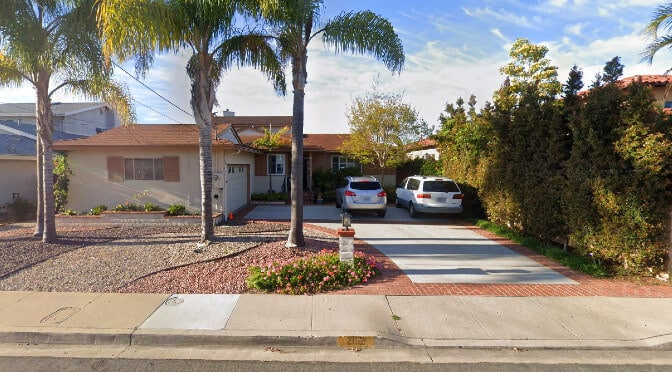
Home Equity Loan on Inherited Property
Borrowing Against Inherited Property
Trust, probate and estate loans allow for a home equity loan on inherited property. A home equity loan on inherited property allows beneficiaries to borrow against the existing equity in the real estate (home value – loans = equity). Beneficiaries commonly need this type of loan to either buy out siblings or raise funds pay for expenses of the trust or estate. Refinancing inherited property is a quick and easy way to handle a short-term need for cash.
Getting a mortgage on an inherited property from a traditional lender isn’t possible at this point as the title of the inherited property is still in the name of the trust or estate. These types of loans are only available from specialized trust and estate loan lenders who can make the loan directly to the trust or estate. Borrowing against inherited property can be completed within 5-7 days in many situations.
Renovation Loan on Inherited Property
A renovation loan on inherited property can be an excellent option to quickly borrow funds and fix up the inherited real estate. The property may need repairs and upgrades prior to selling the property in order to get the best sales price. Borrowing against the inherited property with a renovation loan provides the estate or trust with fast and flexible funds to quickly repair the property and get it sold for top dollar.
Inherited a House with No Mortgage / with a Mortgage
Beneficiaries who have inherited a house with no mortgage are in a better position as there is more equity to borrow against and ultimately distribute to each beneficiary. Inheriting a house with a mortgage or home equity loan still allows the beneficiaries to borrow against the inherited property. The existing loans will automatically be paid off with a cash out refinance on the inherited property.
Loans on inherited property of up to 65-70% of the current value of the home are available. An inherited house with no mortgage allows the beneficiaries to cash out up to 65-70% of the value of the property. If the property is worth $1,000,000 they could borrow up to $700,000.
An inherited house worth $1,000,000 with an existing mortgage of $250,000 could still obtain a gross loan amount of $700,000 but the existing loan balance of $250,000 would need to paid off through escrow. This would allow the beneficiaries to receive $450,000.
Can I Get a Loan on Inherited Property?
Beneficiaries can get a loan on inherited property if the real estate has sufficient equity to borrow against. The successor trustee or probate administrator will need to apply and sign for the loan that will be secured by the inherited property as they have the legal authority to act on behalf of the trust or estate. The trust documentation will name the successor trustee(s) who will sign for the trust loan. Beneficiaries of an estate will need to file documents with the probate court in order to have a probate administrator named. The probate administrator will need to have full authority as opposed to limited authority in order to have the probate loan funded quickly.
Process for Home Equity Loan on Inherited Property
Obtaining a home equity loan on inherited property is a quick process. Once the initial applications and documents have been received by the lender, approval generally takes 1-2 days. Once the loan request has been approved it will take 5-7 days to process and fund the loan. The loan funds go from escrow directly to the trust or estate bank account. The funds can then be used to buy out siblings who are selling their interest in the inherited property. In other cases, the funds are used to cover expenses of the trust/estate or fix up the inherited property and put it on the market for sale.
In the case of an estate or trust beneficiary buyout, the title of the inherited property can transfer directly into the name of the individual who will be owning the property going forward (important for Prop 58 Loans or Prop 19 Loans). Now the beneficiary can approach a bank or other traditional lender who can provide a long-term mortgage on the inherited property. This new mortgage will automatically refinance the short-term home equity loan on the inherited property.
Recent Estate, Probate and Trust Loans Funded by North Coast Financial
Probate & Trust Loans Resource Guide
California Probate, Estate & Trust Loan Request
We will contact you to review the loan scenario and provide a quote.




